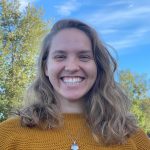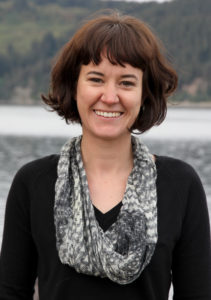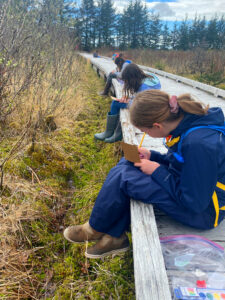
The Council works to educate Exxon Valdez region youth about the environmentally safe operation of the Alyeska terminal and associated tankers. Working with area youth is vital to fight complacency that can arise if new generations of citizens are not continually reminded of the need for ongoing oil spill prevention.
To support this effort, the Council invites proposals for facilitating learning experiences with Exxon Valdez oil spill region youth. Youth in this case can include students from K-12 formal education, homeschool students, informal education programs, and either formal or informal college-level education. In the past, the PWSRCAC has also sponsored projects for teachers that benefit area youth.
Now accepting proposals
We are currently accepting proposals for projects taking place during the summer of 2026.
Submittal Deadline: 11:59 p.m. on November 21, 2025
Award Announcement on or before January 31, 2026
Projects should result in better understanding of such topics as: citizens’ oversight, environmental impacts of the operation of the Alyeska Pipeline Service Company oil terminal in Valdez and the oil tankers that call there, oil spill prevention and response planning and operation, and/or other topics related to the Council’s mission.
Past and ongoing projects have included:
- youth stewardship expeditions into the marine environment via sea kayak and other vessels
- youth monitoring for aquatic invasive species
- public oil spill science discovery labs
- oil spill science and technology outreach
- oil spill education website development
- K-12 oil spill curriculum writing and testing
- travel funding for youth presenting oil spill projects at conferences
- oral history projects related to the Exxon Valdez oil spill
- other marine stewardship programs for students with an oil spill connection
- more information about past projects
Download RFP: Youth Involvement 2026 Summer
Questions?
Please contact Outreach Coordinator Maia Draper-Reich at education@pwsrcac.org.
More about the Council:
Future funding opportunities
There are two deadlines each year to submit proposals for educational project funding. You may subscribe to our email list for new Requests for Proposals to receive notifications when these are issued by the Council.
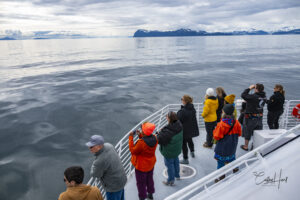 On May 1, Council volunteers and staff joined local high school and college students, educators, and other partners on a cruise to Bligh Reef, where the Exxon Valdez oil tanker ran aground in 1989.
On May 1, Council volunteers and staff joined local high school and college students, educators, and other partners on a cruise to Bligh Reef, where the Exxon Valdez oil tanker ran aground in 1989.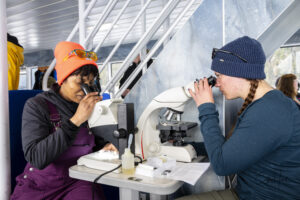 Participants also had the opportunity to engage in an activity titled “Voices from the Spill,” which involved reading personal stories of the Exxon Valdez oil spill and its aftermath, and then respond through creative writing or art.
Participants also had the opportunity to engage in an activity titled “Voices from the Spill,” which involved reading personal stories of the Exxon Valdez oil spill and its aftermath, and then respond through creative writing or art.